Benjamin Labatut & Adrian Nathan West with Jay G Ying
Anyone who studied physics at school might remember the mysterious way in which light is said to hover somewhere between wave and particle. In a similar way, according to Philip Pullman, the thrilling new work by Benjamin Labatut hovers somewhere between fiction and non-fiction. Labatut, born in the Netherlands and living in Chile, is an emerging superstar of this approach to writing that refuses to settle into a neatly-defined genre category: essay, memoir, conjecture and pure fiction – Labatut deploys them all.
His third book, When We Cease To Understand the World, has been translated from the Spanish by writer and translator Adrian Nathan West, who used his prior knowledge of the Second World War and sought out original documents from scientific history to render this ‘nonfiction novel’ into English.
When We Cease To Understand the World looks at how pioneering 20th century scientists including Albert Einstein, Erwin Schrödinger and Werner Heisenberg grappled with mathematical theories that asked profound questions of existence. Einstein is said to have loathed quantum mechanics, yet its mind-bending theories underpin the science that we live by today. At the same time they have also brought about the possibility of unimaginable human suffering – not least in the form of nuclear weapons powerful enough to wipe out humankind. In gripping and dazzling text, Labatut and West have turned science into a series of imaginative extrapolations. According to the Evening Standard, ‘it may be possible to feel our brain getting bigger as you read.’
In today’s session Labatut and West discusses this majestic book with writer, critic and translator Jay G Ying.
This event includes a short performed reading from When We Cease To Understand the World by actor Fiona Shaw, directed by Blanche McIntyre on behalf of the Royal Shakespeare Company and commissioned by The Booker Prizes.
Available to watch on-demand shortly after the live broadcast has finished.
Book Festival News
 Full 2025 Book Festival programme is announced with key theme of Repair
Full 2025 Book Festival programme is announced with key theme of Repair
Tuesday 10 June
Watch more
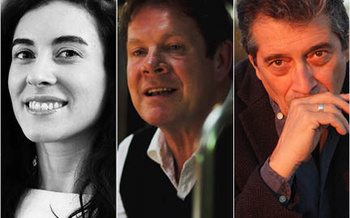 Elena Pala, John Retallack & Sandro Veronesi: The World of the Hummingbird
Elena Pala, John Retallack & Sandro Veronesi: The World of the Hummingbird
 Tobias Kelly & Charlotte McDonald-Gibson: Radical Outsiders
Tobias Kelly & Charlotte McDonald-Gibson: Radical Outsiders
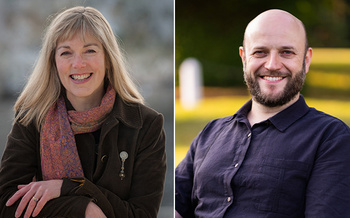 Merryn Glover & Hamish Napier: In a New Light
Merryn Glover & Hamish Napier: In a New Light
 Caleb Azumah Nelson: Diving into Black Culture
Caleb Azumah Nelson: Diving into Black Culture
 Alicia Garza: Building Moments Into Movements
Alicia Garza: Building Moments Into Movements
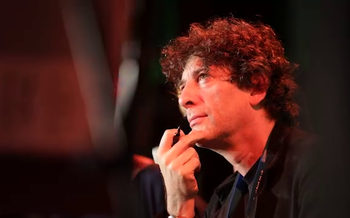 Stripped Highlights Film 2013
Stripped Highlights Film 2013
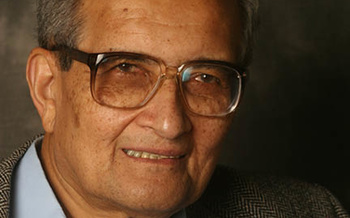 Amartya Sen: Home and Humanity
Amartya Sen: Home and Humanity
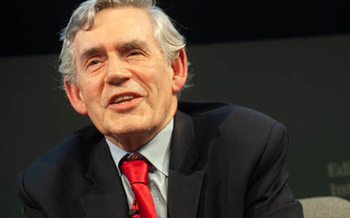 Gordon Brown: Global Crisis, Global Solutions
Gordon Brown: Global Crisis, Global Solutions
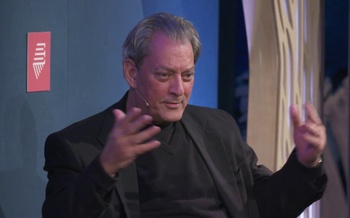 Paul Auster (2017 Event)
Paul Auster (2017 Event)
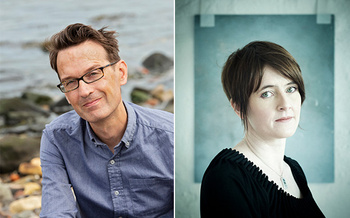 David Farrier & Karine Polwart: Different Futures are Possible
David Farrier & Karine Polwart: Different Futures are Possible



